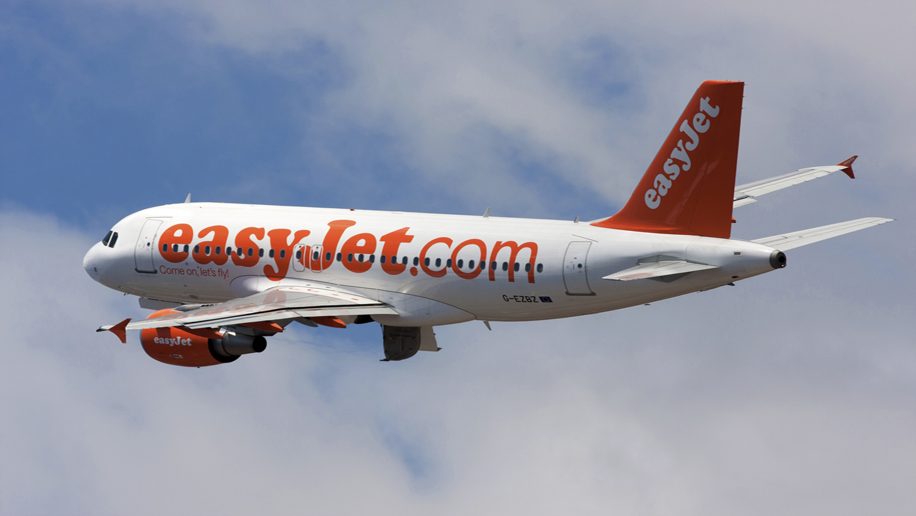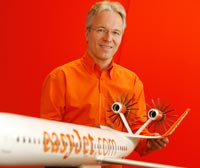
 Andrew Harrison, chief executive of Easyjet is demanding more fuel-efficient aircraft and for air passenger duty (APD) to be reformed, if the aviation industry is to successfully tackle the problem of global warming.
Andrew Harrison, chief executive of Easyjet is demanding more fuel-efficient aircraft and for air passenger duty (APD) to be reformed, if the aviation industry is to successfully tackle the problem of global warming.
“Climate change is a clear and present danger. It’s happening and human activity is almost certainly a contributor to it. Aviation needs to play its role and be seen to be playing its role in tackling it,” Harrison says.
With the December 7-18 United Nations Climate Change Conference (COP15) approaching fast, low-cost carrier Easyjet has outlined a number of measures it considers to be vital to the reduction of CO2 emissions – and paying for carbon offsetting at the time of booking your flight is not one of them.
Easyjet, which has a 3.5 year-old fleet on average, says that the best way of reducing emissions is by flying more fuel-efficient, cleaner planes. This would be achieved by invoking UK government legislation that sets emission standards for aircraft, which would then force aircraft manufacturers to ensure a 40 per cent reduction in CO2 for the next generation of planes.
Harrison says: “The government must introduce minimum standards of efficiency otherwise aviation wont be able to play its part in the global problem of solving climate change.”
Easyjet suggests the standards be introduced in three steps:
1) By 2015, all aircraft certified after this date would need to have a 40 per cent reduction in emissions.
2) By 2024, airlines would not be able to add any aircraft to its fleet that did not meet these standards.
3) From 2030, to ban carriers from using any aircraft that did not meet the standards.
Looking at the problem of climate change on a global scale, one of the greatest concerns is the rate at which emerging markets are developing, and consequently emitting pollutants. Harrison says: “We need to control emissions at the source. China, for example, buys mostly Airbus and Boeing planes, so the best way we can help deliver environmental efficiency is to set minimum standards for everyone. That way, the aircraft delivered to China in 20 years will be more fuel efficient.”
In addition to demanding legislation for cleaner aircraft, Easyjet is also campaigning for a reform of air passenger duty (APD) – a tax that Harrison deems to be “perverse from an environmental perspective”. The reason for this, as Harrison explains, is that “at the moment we pay £11 APD on short-haul flights in Europe per person. So the fuller the aircraft, the more tax we pay. Older aircraft pay no extra tax and there is no tax on cargo.
“We need to use the current technology as efficiently as possible – [and one way of doing this is] by flying full aircraft. Airlines should be encouraged to do this, not discouraged. Charging more tax for full planes is not an incentive. The government should stop trying to dress it up as an environmental tax – it actually does more damage than good.” He adds: “APD is a tax that raises £3 billion of revenue for the government – that is why it exists.”
So what part does the role of the individual traveller have to play in all this? Harrison says: “Having a social conscience is good. We have got to learn how to weigh up the economic benefits with the environmental benefits. Should individual passengers be thinking about how many flights to take a year? No. The problem of climate change will not be solved by individuals changing their behaviour. People who pay for carbon offsetting will help a bit at the margins but it won’t make much difference. The most effective way to deal with things is through regulation.”
For more information visit easyjet.com.












